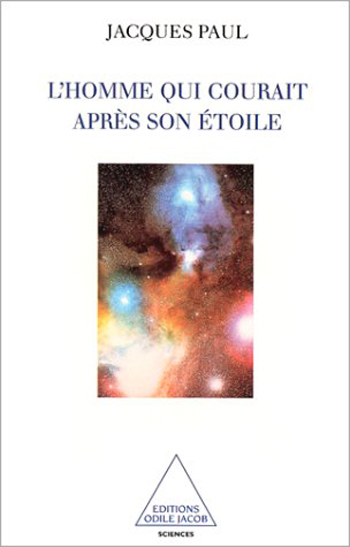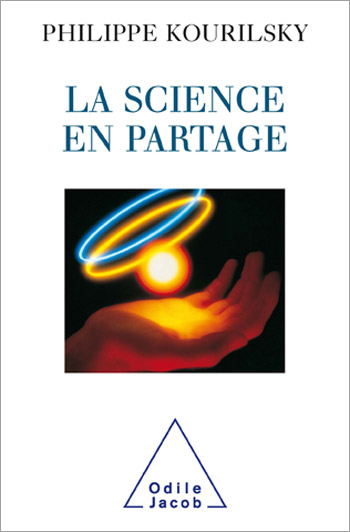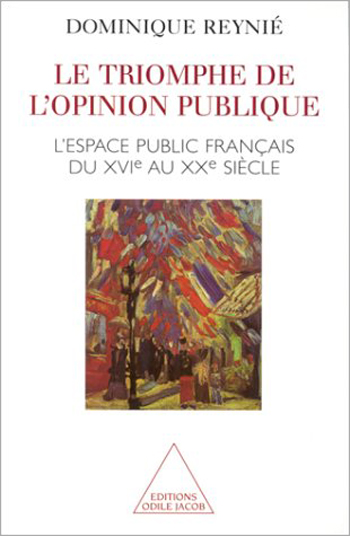Science All books
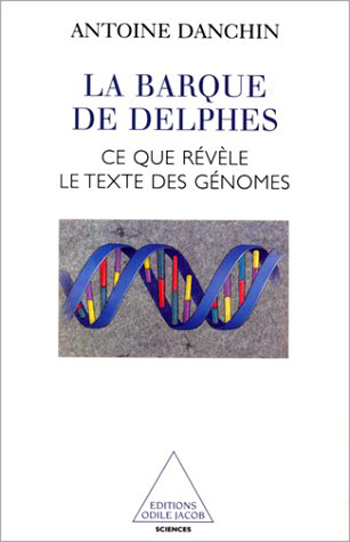
Antoine Danchin
The Delphic Boat What Genomes Tell Us
What is it that constitutes the unity and identity of a living creature ? This is the fundmental question of biology. The recent sequencing techniques provide a completely new response to this question, notably thanks to the knowledge of whole genomes. Antoine Danchin establishes a clear picture of this important biological discovery. He shows in particular that, just like the boat of Delphi, life is beyond prediction, and at the same time has an infinite capacity to create the unexpected. Antoine Danchin is the director of the Department of Biochemistry and Molecular Genetics at the Institut Pasteur.

Ilya Prigogine
The End of Certainties (Coll. Opus)
As we come to the end of the century, the question of the future of science is often posed. I believe we are just at the beginning of a new endeavour. We are witnessing the development of a science which is no longer limited to simplified, idealised situations, but makes us face the complexity of the real world. This new science will allow human creativity to be experienced as the unique expression of a fundamental trait common to all aspects of nature. Ive tried to present this conceptual transformation, which implies the beginning of a new chapter in the fruitful relations between physics and mathematics, in a manner that will be comprehensible and accessible to all readers interested in the evolution of our ideas of nature. We are but at the threshold of a new chapter in the history of our dialogue with nature, writes Ilya Prigogine. Ilya Prigogine, winner of the Nobel Prize for Chemistry, teaches at the Free University of Brussels and at the University of Texas, in Austin.

Rita Levi Montalcini
Praise of Imperfection New Edition
Rita Levi Montalcini's life has been entirely dedicated to scientific research. She grew up in a tightly knit Jewish family and studied medicine in Turin. Forced into inactivity by the racist laws of Fascist Italy, she set up a makeshift laboratory in her bedroom and began studying the development of the nervous system. Her research, which she completed in the United States after the war, led to the discovery of the nerve growth factor whose role is to stimulate the growth of nerve fibres. Her autobiography, written with warmth and simplicity, traces the progress of her life, including being awarded the Nobel Prize for Medicine.
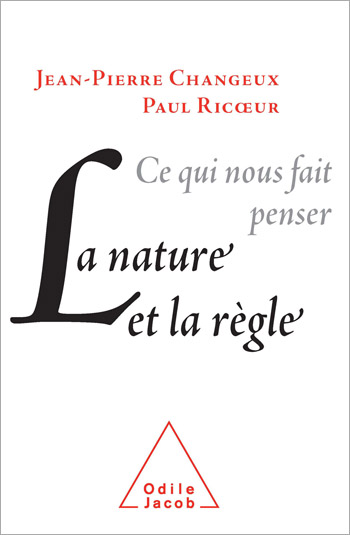
Jean-Pierre Changeux, Paul Ricœur
What Makes Us Think Nature and Rules
'The intention of this book was to put a scientist and a philosopher face to face and spark a dialogue between them on neuroscience, on their results and projects, and their ability to carry out a debate on ethics, its norms, and on peace. In France, ideas are rarely openly discussed. Serious debates are too often hindered by dogmatic statements, one-sided criticisms, incomprehensible discussions and glib mockery, with little or no thought for the solidity of the arguments, which aim only to appear plausible or worthy of being argued, rather than convincing. A totally free and open dialogue between a scientist and a philosopher is necessarily a highly unusual experience for both.' Paul Ricur and Jean-Pierre Changeux Paul Ricur is an honorary professor at the University of Paris-X and an emeritus professor at the University of Chicago. Jean-Pierre Changeux, a member of the French Academy of Science, teaches at the College of France and the Pasteur Institute.
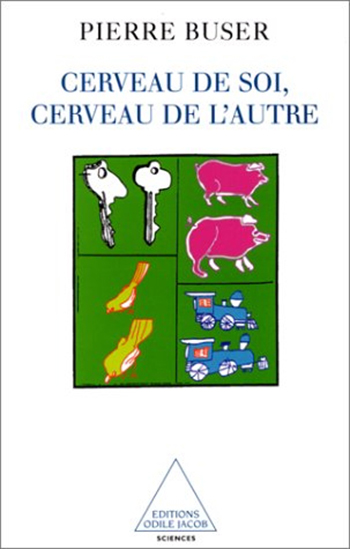
Pierre Buser
The Brain : Yours and Others
This book is both a careful review of the numerous debates that have stirred--and continue to stir--the cognitive sciences, and a personal essay. The author has tried to elaborate an original theory of psychic activity, based, on the one hand, on the cognitive conscious and the cognitive unconscious, and, on the other, on the cognitive unconscious and the affective unconscious. Pierre Buser, a former director of the Institut des neurosciences at the Centre national de la recherche scientifique, is Professor Emeritus at the Université Pierre et Marie Curie, and a member of the Académie des Sciences.

